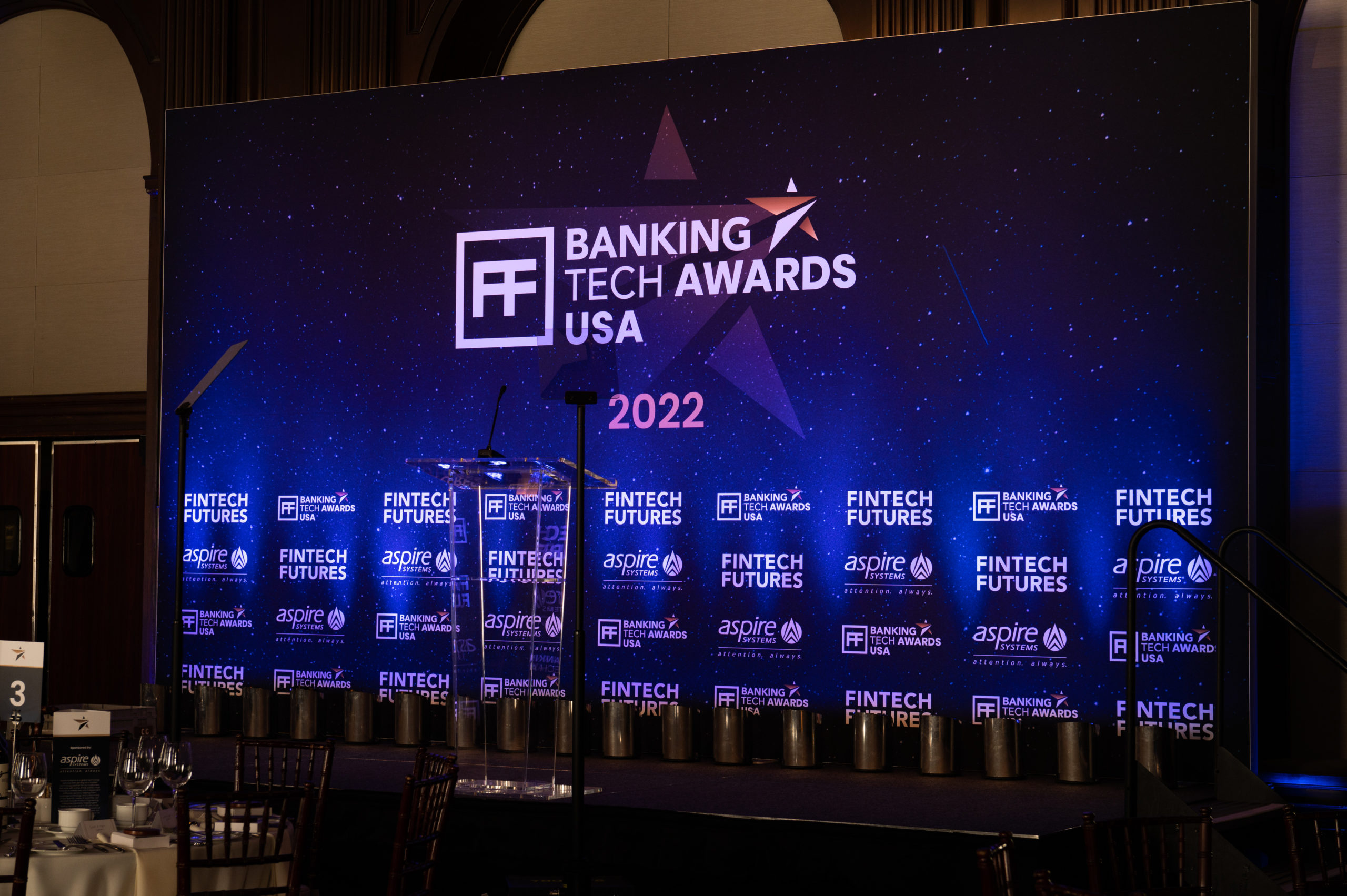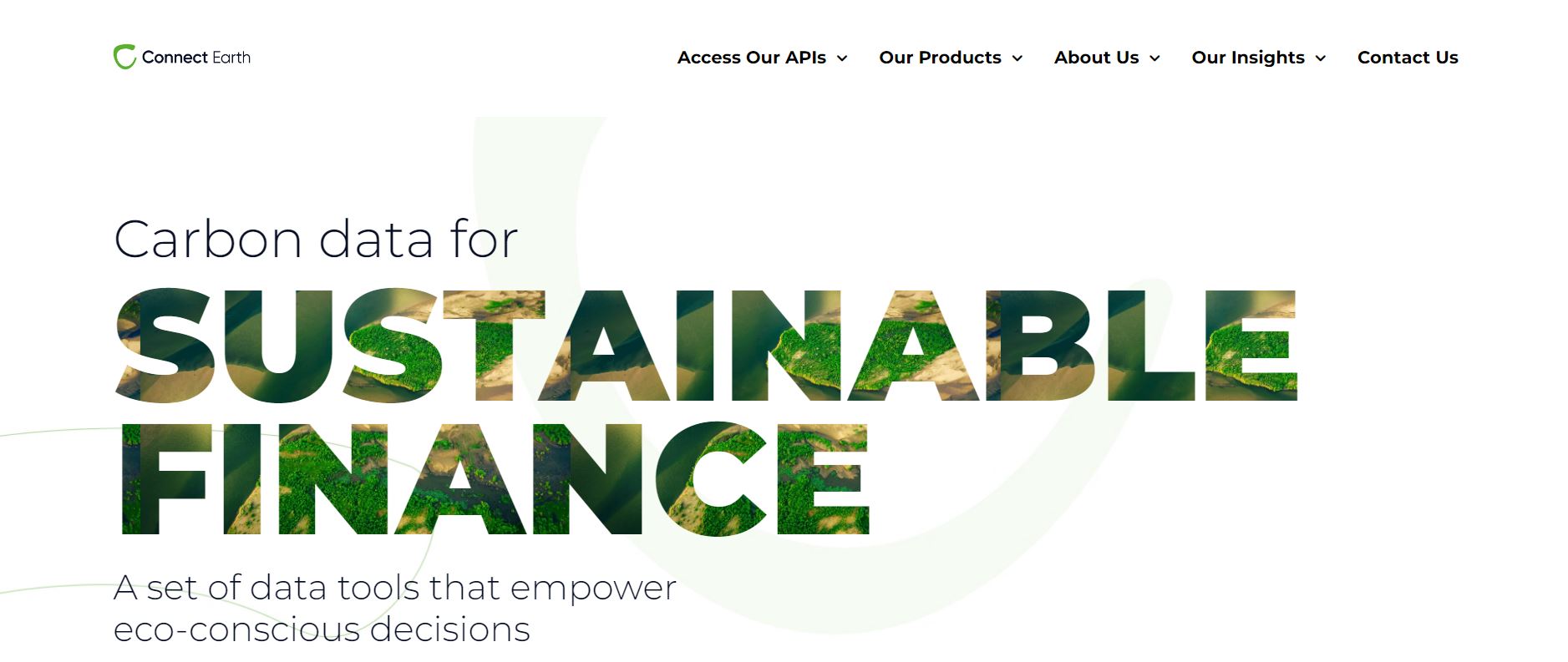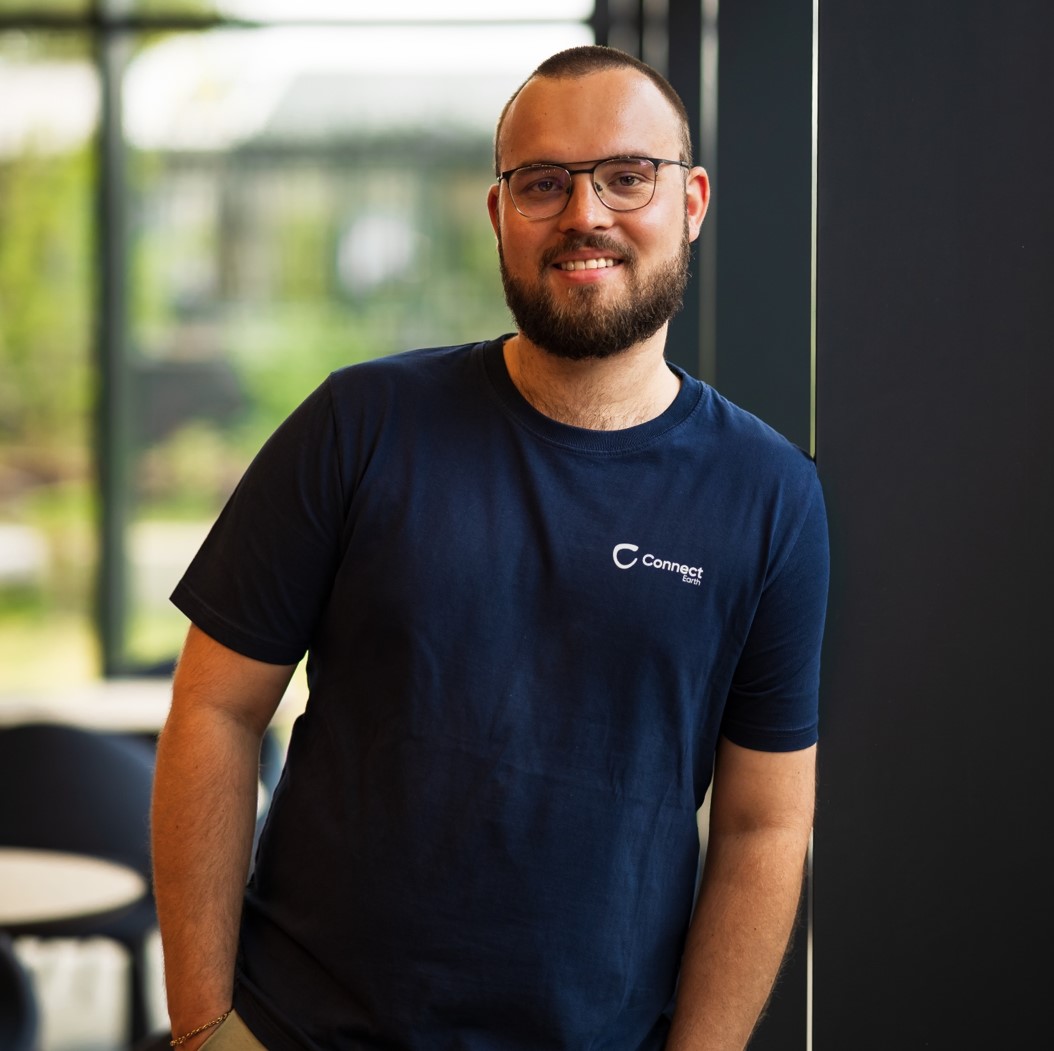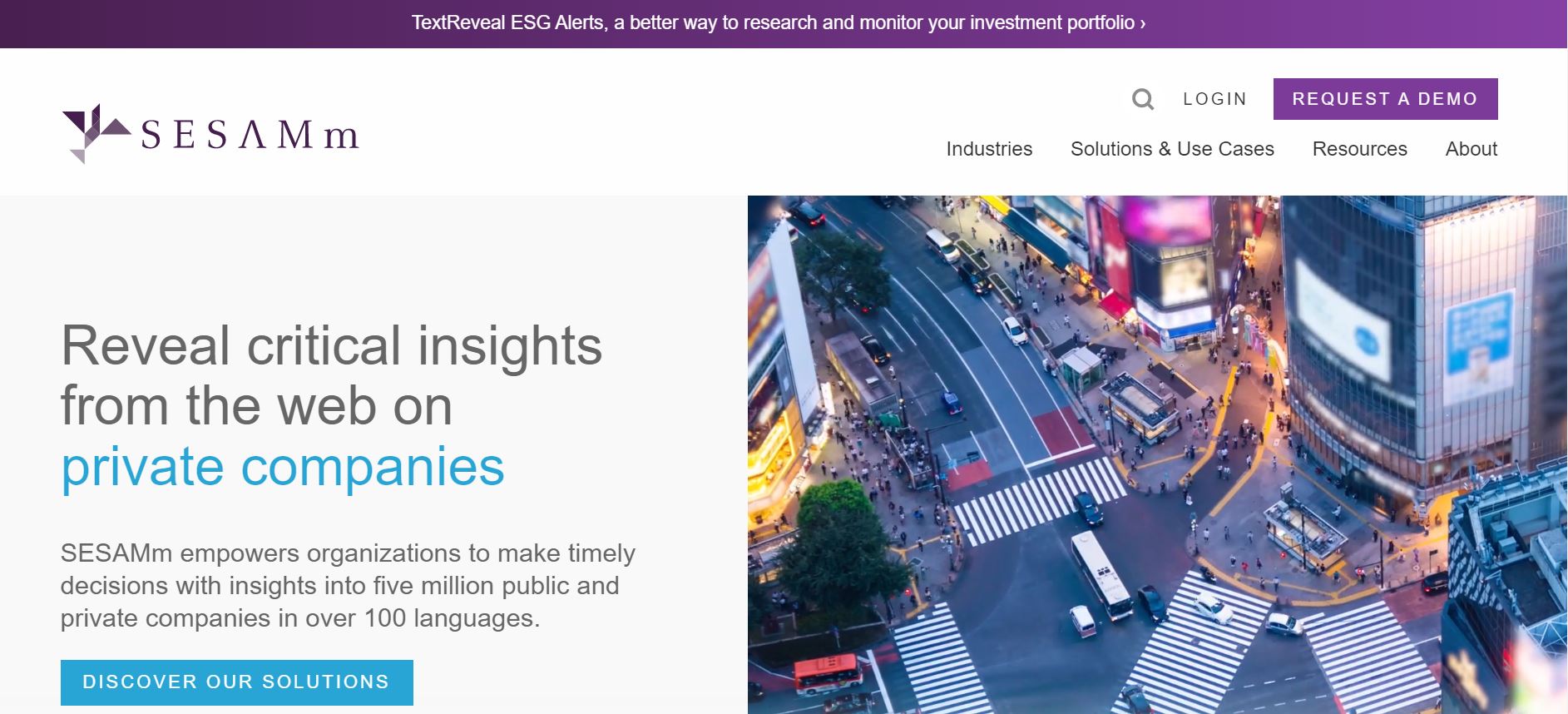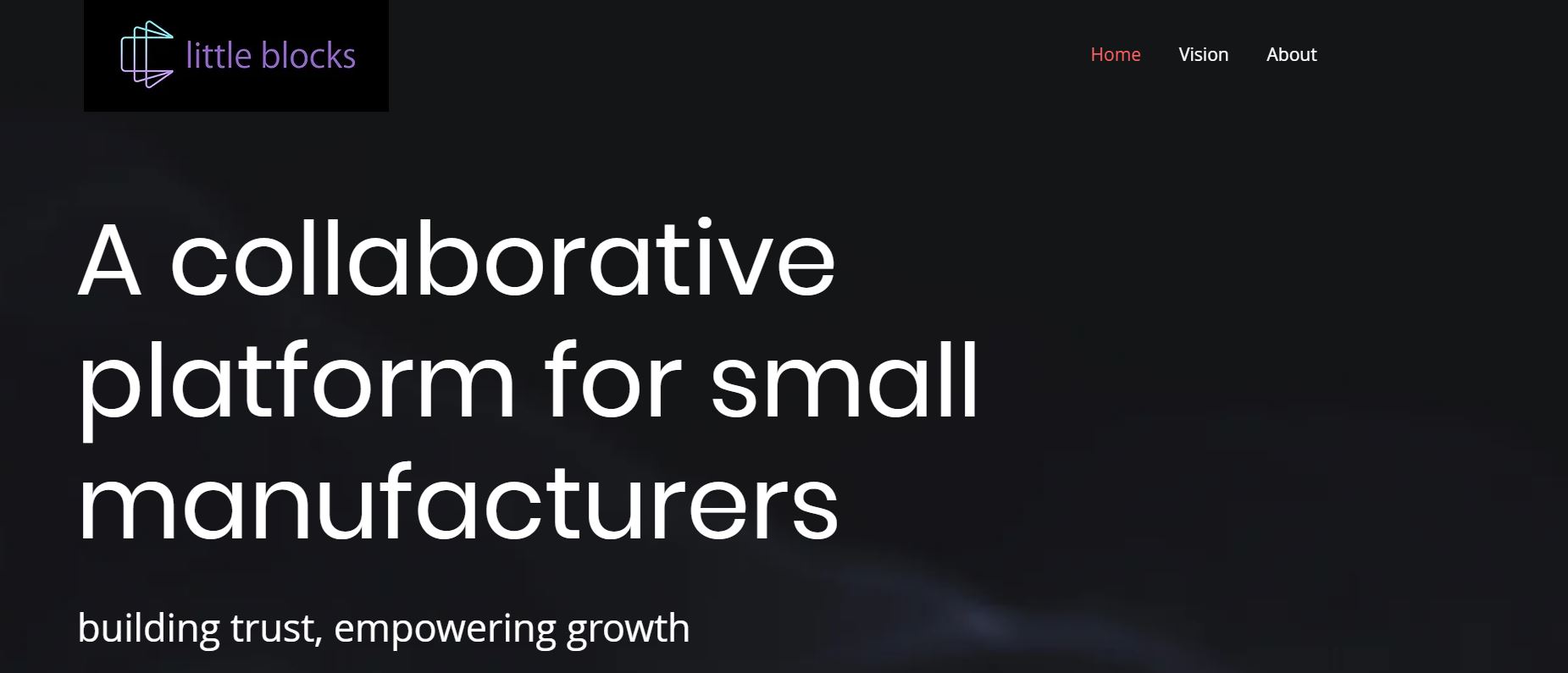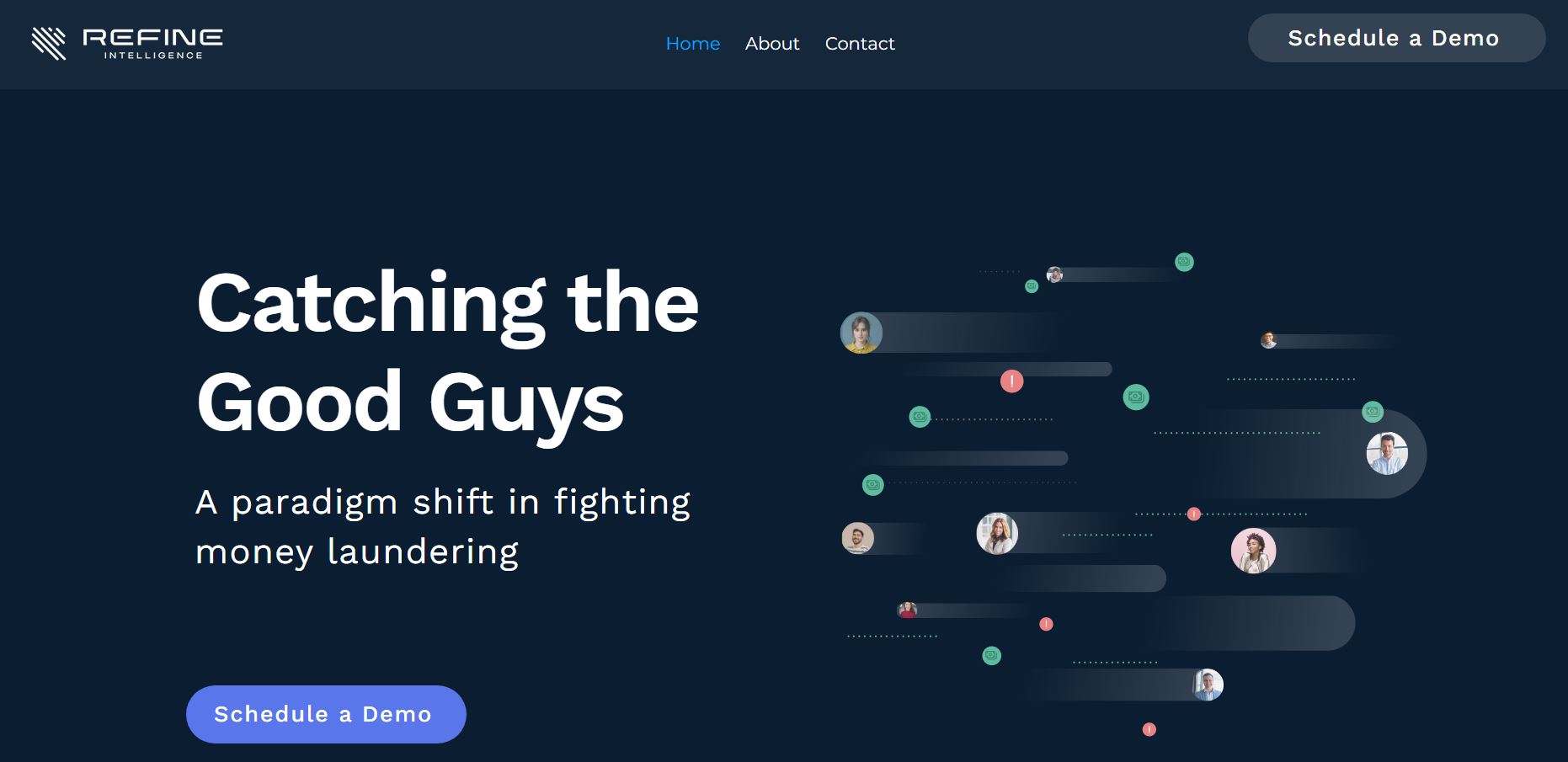
There are plenty of reasons why FinovateEurope 2023 next month will be one of the year’s biggest fintech events. With just over a week left to take advantage of early-bird savings on your FinovateEurope ticket, we thought we’d share a handful of our favorite reasons why we hope to see you in London, March 14 and 15.
New Keynote Speakers!
FinovateEurope 2023 will feature the return of many of our favorite keynote speakers. But this year’s event will also showcase a number of newcomers. At the top of the list is Leda Glyptis, veteran banking professional and author of the book Bankers Like Us. With a mainstage keynote on Day One of FinovateEurope titled “The Problem with Digital Transformation Is You,” Glyptis will examine the key role that financial services professionals play in helping – or hindering – the process of digital transformation in their own businesses and institutions.
Also making their Finovate debuts as keynote speakers at FinovateEurope are John C. Hulsman, President and Managing Partner, John C. Hulsman Enterprises, who will speak on the global economy; and Adam Lowe, Chief Product & Innovation Officer, Arculus by CompoSecure, who will discuss securing digital platforms and optimizing the customer experience.
FinovateEurope will also present a series of Quick Fire Keynotes. Leading these 10-minute presentations are Matt Bullivant, Director of ESG Strategy, OakNorth, who will speak about climate change, ESG, and financial services; Martin Hyde, EMEA Payment Partnerships Lead, J.P. Morgan Payments, who will talk about the power of embedded payments in financial services; and Dhaksha Vivekanandan, founder of Daylight Robbery, who will discuss bitcoin and the relationship between traditional and decentralized finance.
New Demoing Companies!
Of the 30 fintech innovators demoing their latest solutions live on stage next month, nearly half will be making their Finovate debuts. Representing countries as diverse as Scotland, Austria, Estonia, India, Switzerland, Israel, Sweden, and Bulgaria – as well as the U.S. and U.K. – these newcomers include:
- 10x Banking
- AutoRek
- BehaviorQuant
- Connect Earth
- Ender Turing
- JJCFinTech
- Little Blocks
- Merlin Investor
- Quoroom
- Refine Intelligence
- StockRepublic
- Storied Data
- TAZI AI
- Your Juno
Pre-Funk for FIs
The official name of the session is “Pre-Event Briefing for Financial Institutions.” But we know a pre-funk when we see one! On March 13 – “FinovateEurope Eve” if you will – we are hosting a special, invite-only occasion featuring expert insights into top fintech trends, a special address, and a fireside chat with keynote speaker, Steven Van Belleghem. We’ll top off the evening with drinks and networking to allow attendees to spend quality time with fellow professionals from banks and other financial institutions.
Alumni Alley: How the Best Have Won
Alumni Alley is our opportunity to showcase some of the biggest brands in fintech that have demoed their innovations live on the Finovate stage. For our upcoming conference next month, the focus will be on FinovateEurope alums. Check out our coverage of some of FinovateEurope’s most storied alums.
If you’re working with a bank, an established fintech innovator, or a bold, new startup, Alumni Alley is a unique chance to gain insights and ideas that can help you grow your organization, improve partner relationships, and take your business to the next level.
“If You Start Me Up”: Finovate’s Startup Booster Program
Our Startup Booster program is designed to enable early-stage startups to take advantage of the full Finovate experience – at a price point appropriate for their early-stage status. Held on March 15, participants in our Startup Booster Program will hear from successful founders about partnership strategies, insights into the investment process, tips on how to land your first bank customer, and more.
Following the presentations, startups will have two hours of networking time with investors from across the U.K. and Europe.
What’s Hot? What’s Not? The GameShow!
Think you know what’s hot and what’s not among fintech’s competing trends and passions? Join us for our special event – What’s Hot? What’s Not? The Gameshow! – where we’ll pit veteran fintech analysts and insiders against the wisdom of the crowd to find out who really knows where fintech is headed!
Our unique gameshow format – in which you the audience get to play judge and jury – will bring a little lighthearted fun to the discussion of fintech trends, and add a little healthy competition to the endless debate: HOT? Or NOT!
Early-bird savings for FinovateEurope end on March 3rd. Visit our FinovateEurope hub today and save your spot!







